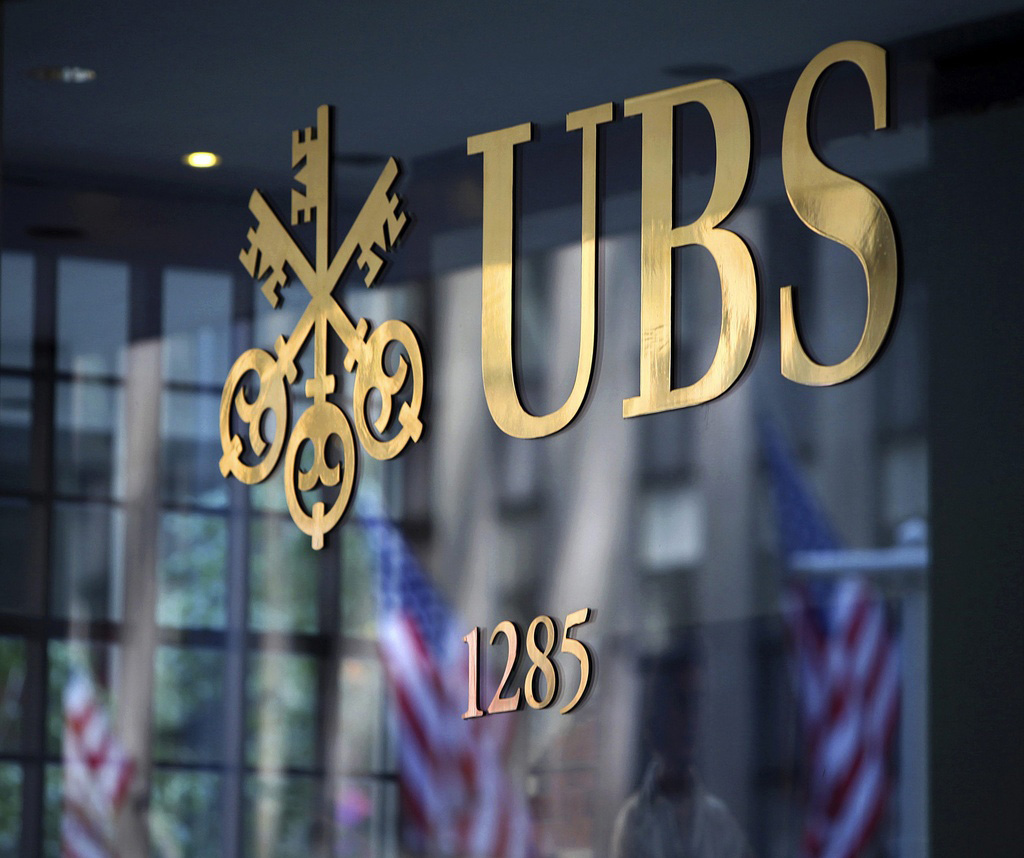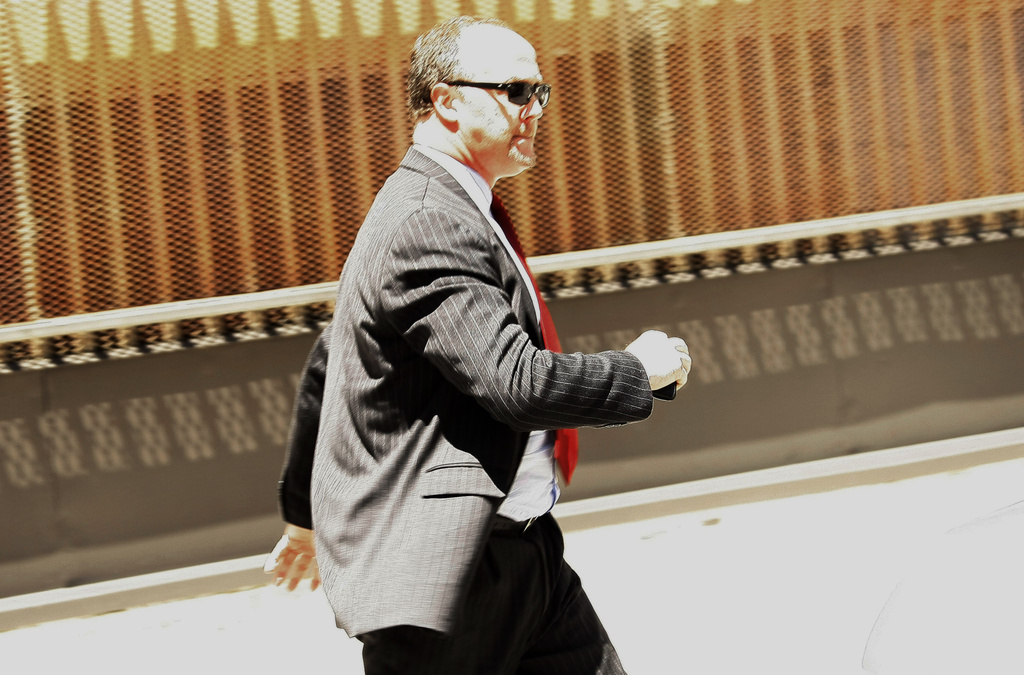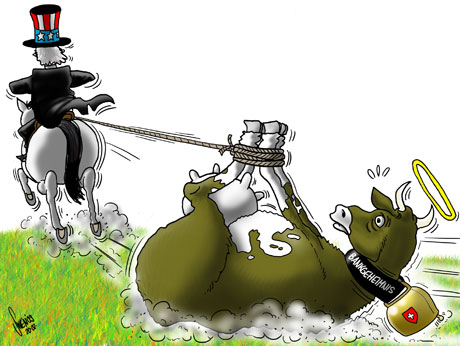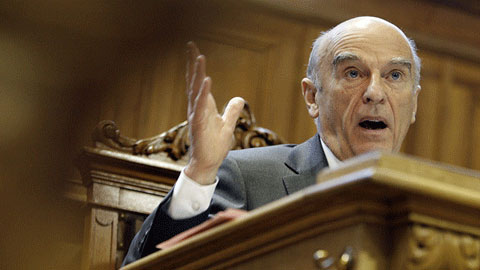Key committees slam government leadership

Parliamentary control committees say the Swiss government failed in its leadership role in the global financial crisis and its treatment of the embattled bank UBS.
They also pointed a critical finger at Swiss Finance Minister Hans-Rudolf Merz.
Reaction has been swift. The rightwing Swiss People’s Party immediately called for a parliamentary investigation, while Merz’s centre-right Radical Party said such an exercise would serve no useful purpose.
The government issued a statement on Monday saying it would take committee recommendations “seriously” and was aware that “organisational issues” could be improved, including at the Swiss Financial Market Supervisory Authority (Finma).
It pointed out that even before the report, it had appointed a state secretary for international financial and tax matters in the finance ministry.
In the report, the committees said that although Merz was always well informed about the tax-evasion issues of wealthy United States citizens with UBS accounts, he was slow to include the six other government members in the debate.
Other options
As a result, they did not have the opportunity to choose options other than agreeing to hand over client data. The committee said they should have forced Merz into more team work.
The report claimed that the government seemed to have lacked the “most elementary methods of working as a team” during the crisis.
The parliamentary committees’ report had said it was “shocked” that the government did not seem to be able to work together in a climate of trust and confidentiality.
It also dismissed the argument that Merz was keeping quiet on the issue out of fear of negative consequences at the stock exchange.
Economics minister and this year’s Swiss President Doris Leuthard rejected this claim and criticism that the government was working in a climate of mistrust. She also defended the government’s handling of the UBS case.
Action
The parliamentary committees are now calling for action that will prevent such crises. This includes written statements on consultations within the government and decisions taken.
They are calling for concrete measures within government reforms for more effective leadership.
In its call for a parliamentary investigation, the People’s Party said the committees’ report did not adequately explain why the names of 285 US customers of UBS had been handed over to Washington. Nor was there enough information about the deal on UBS between Switzerland and the US of August 2009.
The Radical Party, supporting their member Merz, said a parliamentary investigation would be superfluous and would bring no additional information to the debate.
“Even the [centre left] Social Democrats have not asked for the resignation of Hans-Rudolf Merz,” commented the party’s president, Fulvio Pelli.
However, the Social Democrats are also calling for a parliamentary investigation, saying in a statement that there were too many “open questions”. The Green Party is also in favour.
The Swiss House of Representatives supported such a move on March 18, with 123 votes against 39. However, it is not clear yet how the Senate, which represents Switzerland’s cantons, will react.
The Radicals and the centre-right Christian Democrats have a majority in the smaller chamber.
swissinfo.ch and agencies
Recruited by UBS in 2001 and resigned in 2005 among concerns about the legality of some of the bank’s activities with certain American accounts and transactions.
He blew the whistle in 2005 and alerted US authorities about the bank’s efforts to allegedly help wealthy Americans hide assets from US tax collectors.
His actions resulted in American justice authorities fining UBS $780 million and forcing the bank to hand over the names of 4,450 wealthy American clients to the Internal Revenue Service, a ruling that conflicts with Switzerland’s tradition of banking secrecy.
Swiss parliamentarians are to vote on whether the country should follow through with the agreement. The government says not doing so would greatly damage Switzerland’s reputation as a state that carries out its commitments, while some political parties want to use the issue to force financial sector reforms, particularly over banker bonuses and salaries.
In 2009 Birkenfeld was sentenced to jail for not cooperating enough with investigators looking into the case of American UBS client Igor Olenicoff, a real estate developer who filed tax returns that failed to declare his offshore accounts. He asked President Barack Obama for a pardon in April 2010. Investigators have said Birkenfeld’s information has been crucial to mounting their case.

In compliance with the JTI standards
More: SWI swissinfo.ch certified by the Journalism Trust Initiative




You can find an overview of ongoing debates with our journalists here. Please join us!
If you want to start a conversation about a topic raised in this article or want to report factual errors, email us at english@swissinfo.ch.